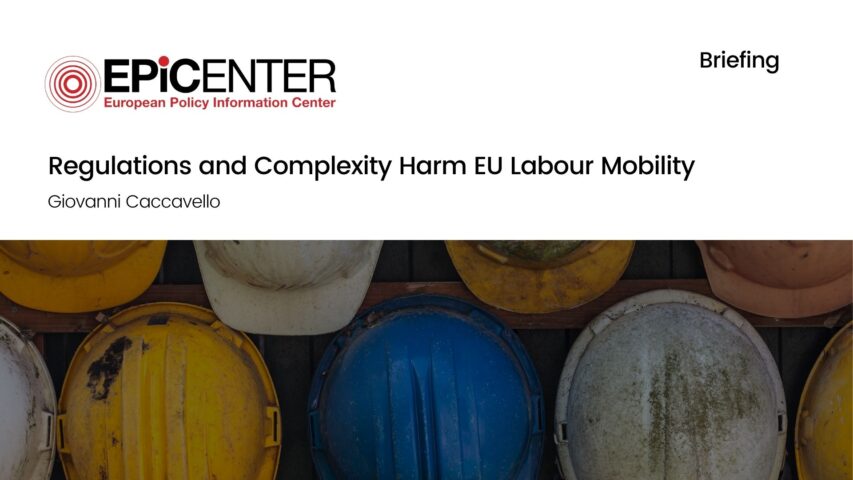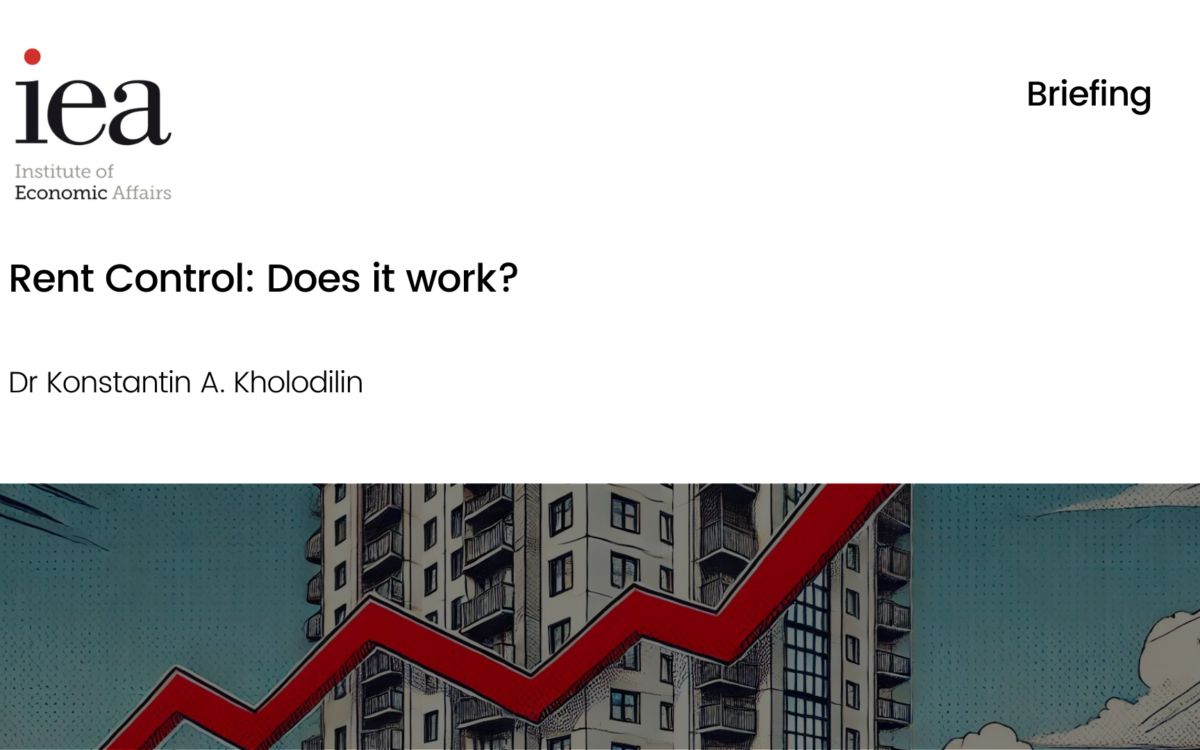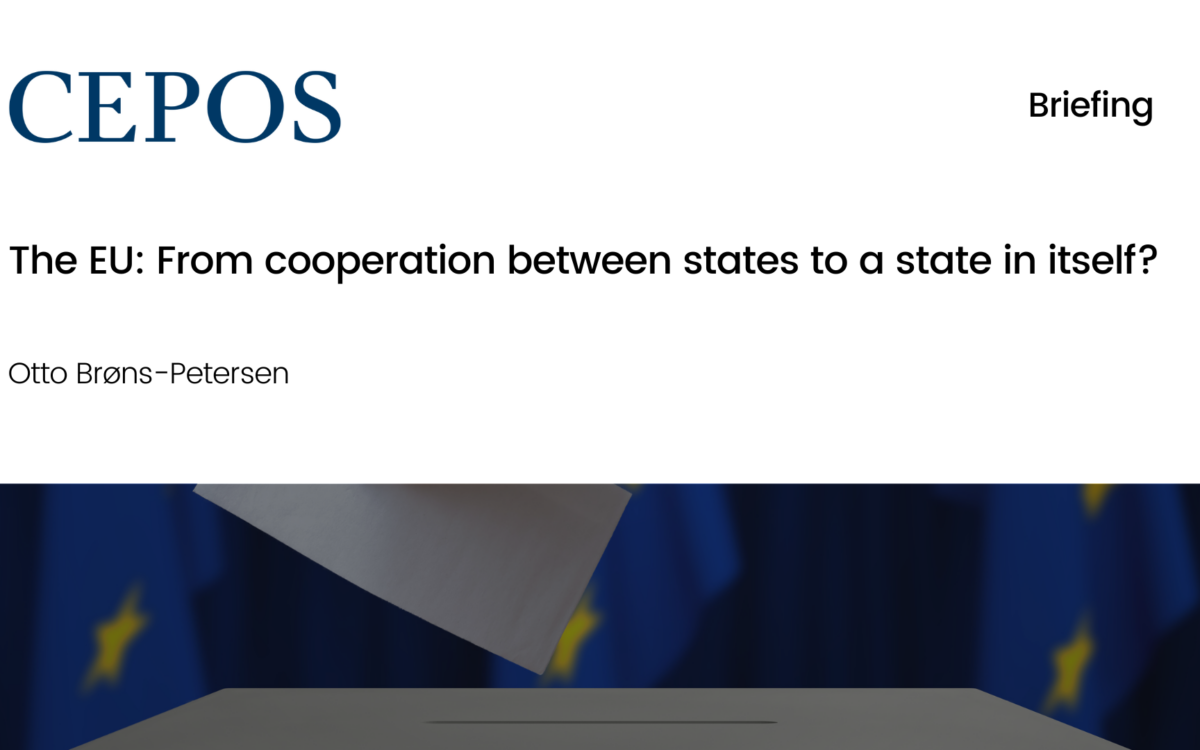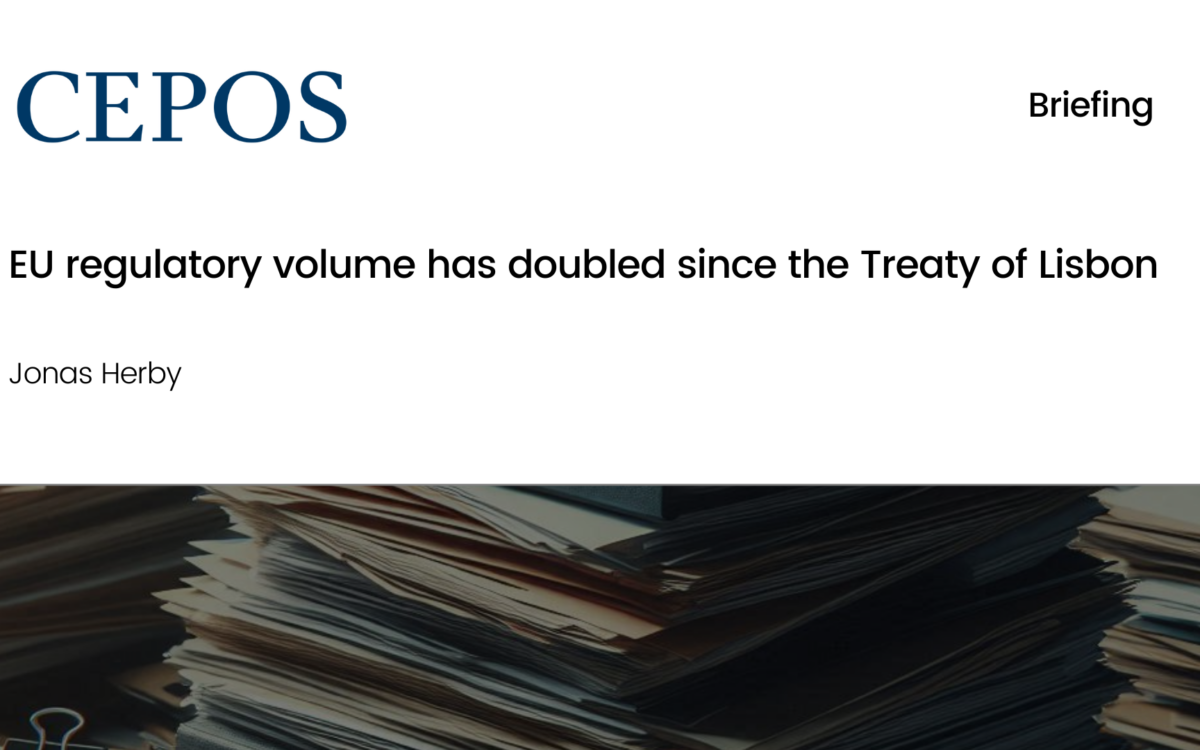Regulations and Complexity Harm EU Labour Mobility

Regulations and Complexity Harm EU Labour Mobility
March 2017
Labour market mobility in the European Union is increasing, but it remains too low to provide sufficient internal socio-economic adjustments. This situation reflects non-policy factors, such as linguistic and cultural differences, but also policy barriers. In particular, difficulties in the recognition of skills and professional qualifications and occupational licensing are still major hurdles.
At EU level, there is still little research on how occupational regulations affect labour movement. However, recent studies demonstrate that EU migrants tend to enter occupations that are less likely to be subject to occupational licensing and that regulated professions are associated with an EU-wide employment loss of around 705,000 workers.
Moreover, despite the 2013 update of the Directive on the recognition of professional qualifications, the European Commission and Member States have done little to modernise existing tools and to facilitate mobility through an easier, more transparent and less complex process.
Download or share this publication
View the PDF
EPICENTER publications and contributions from our member think tanks are designed to promote the discussion of economic issues and the role of markets in solving economic and social problems. As with all EPICENTER publications, the views expressed here are those of the author and not EPICENTER or its member think tanks (which have no corporate view).



